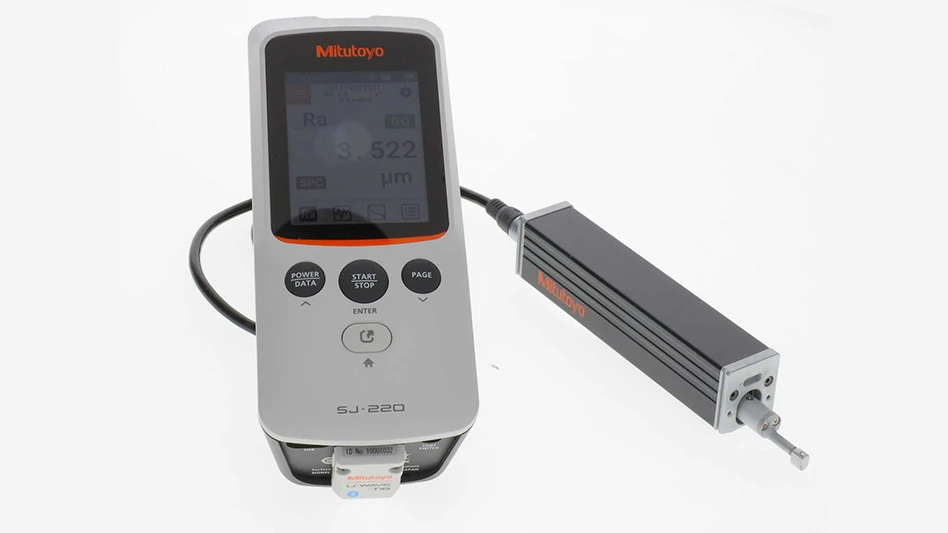
UofSC-Yaskawa-Nephron-Siemens
Researchers and students from the University of South Carolina, (UofSC) College of Engineering and Computing and the College of Pharmacy, led by mechanical engineering professor Ramy Harik, are collaborating with industry partners to develop an innovative system that will greatly improve pharmaceutical manufacturing. The new automated system – using Yaskawa Motoman’s flexible, high-speed robots and Siemens processing power – will help Columbia-based company Nephron Pharmaceuticals solve one of the industry’s toughest problems: how to automate labor-intensive syringe-filling of small batch products safely and efficiently.
Traditionally, pre-filled syringes are filled by hand in clean-room environments. In recent years, stringent federal regulations have made this process increasingly difficult on individual workers tasked with standing in a clean room for hours on end performing the same repetitive motions. This new system will allow Nephron and future customers like hospitals to create safer products and provide workers with the ability to perform more productive tasks.
Having been developed at a sterile manufacturing environment at the UofSC McNAIR Center, the student-designed equipment was installed at Nephron in late January and is currently undergoing commercial validation. Once the system receives regulatory approval, UofSC and Nephron will license the technology to healthcare and bioscience customers to bring safer pharmaceutical products to patients across the world.
“Partnerships like this one are a win for patients, employees and students, not to mention for companies like ours, that continue to grow and expand our capacity to help others,” says Nephron CEO Lou Kennedy. “We are excited to build on the momentum created by our work with the university, especially with Dr. Ramy Harik, and I can’t wait to see what we can do in the years ahead.”
The UofSC Office of Innovation, Partnerships, and Economic Engagement (OIPEE) was critical in bringing these companies together to tap into UofSC research expertise to create this game-changing technology. “By virtue of its previous relationships with Yaskawa and Siemens, UofSC faculty and OIPEE pitched this solution to Nephron, who agreed to bear some of the initial cost of setting up the research facility in the McNAIR Center,” says Bill Kirkland, executive director of OIPEE. “All three companies, as well as the university, will benefit greatly from the introduction of this system into the commercial space.”
“This is exactly the kind of partnership we envisioned when Yaskawa sent our robots to UofSC two years ago,” says Doug Burnside, vice president of North American sales and marketing. “By placing our newest equipment in the hands of some of the world’s leading innovators in manufacturing, we knew good things would happen. We couldn’t be more pleased with the development of this technology and look forward to continuing our relationship with the university and its researchers.”
With the help of these industry partners, UofSC will now be offering a pharmaceutical manufacturing class that allows students to work in industry-like environments. UofSC seeks to provide its students with industry-level educational experiences in all their academic departments.
Latest from Today's Medical Developments
- Incredible Machine works on the Rube Goldberg principle
- FAULHABER’s metal planetary gearhead family
- Aerospace Industry Outlook - Spring 2025, presented by Richard Aboulafia
- World’s smallest pacemaker is activated by light
- FANUC America’s ready-to-deploy cobot web tool
- #42 Lunch + Learn Podcast - Quell Corp
- Siemens accelerates path toward AI-driven industries through innovation and partnerships
- REGO-FIX’s ForceMaster and powRgrip product lines





